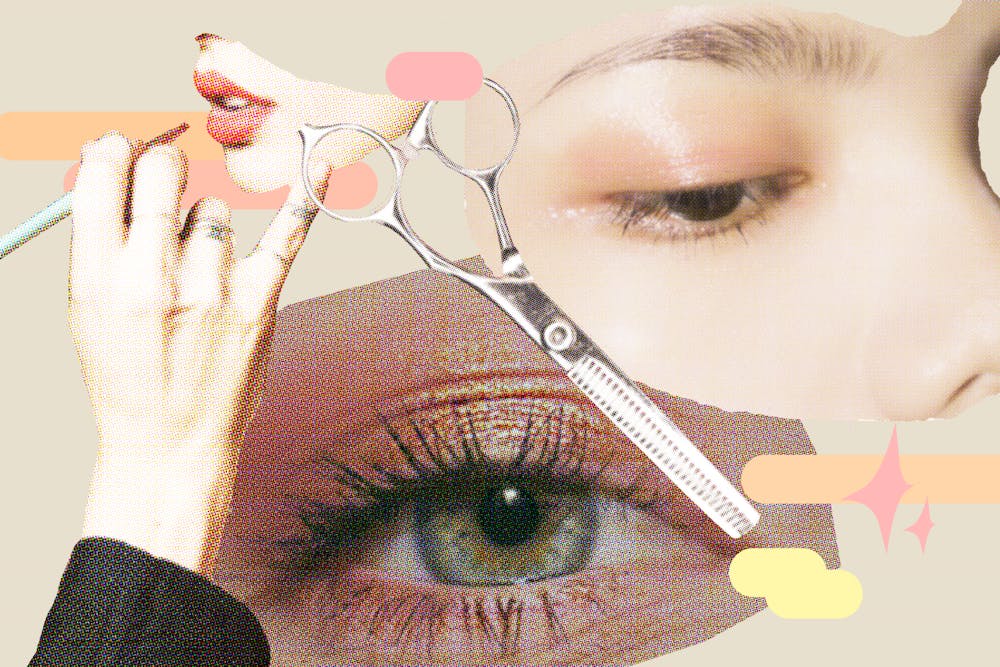For those of us completing this semester remotely, it’s proving to be a mixed bag. From learning how to work from home to navigating an almost all online social life, to say this semester is not what any of us expected would be an understatement. Even with all of these adjustments, there’s the looming pressure to use this time to “glow–up.”
According to Urban Dictionary, a glow–up is “To go from the bottom to the top to the point of disbelief. An incredible transformation.”
The glow–up trend is essentially social media’s repurposing of the makeover, a trope which exists in countless rom–coms from the late 1980s to the early 2000s. Think Pretty Woman, The Devil Wears Prada, The Princess Diaries, Clueless, and more. All of these movies include the transformation of the female protagonist where they take her hair out of a ponytail, take off her glasses, slap a pit of lip–gloss on her and put her in a nice dress and suddenly she transforms from an ugly duckling into the most popular girl at school. Although these tropes still exist in film and TV, glow–up culture is now most prevalent on social media.
Some examples of glow–ups that almost everyone knows include the likes of celebrities such as Kylie Jenner, Bella Hadid and Ariana Grande. As well as these well–known examples, social media contains a plethora of glow–up related content. In 2015, there was the #glowupchallenge on Twitter, where people would post side by sides of them in their “ugly” phase next to a more recent photo where they’ve embraced their “true beauty” to show their dramatic transformation. Yet it seems that every year brings different iterations of the same trend, the most recent being the "how it started versus how it’s going now" trend.
But our obsession with “glowing up” has manifested itself into a competition during this pandemic, into an inexplicable pressure to improve ourselves superficially when we should be focusing on staying safe. A quick google search will yield countless YouTube videos with titles such as "glow–up in quarantine"’, along with trends such as the Chloe Ting workout challenge to get that post–quarantine bod. Our obsession with glowing up has transformed into a race to get fit by the end of lockdown. This perpetuates the narrative that if you haven’t lost weight, improved your skin, or changed your makeup game, you’re a failure.
But we forget that the purpose of this remote semester was meant to be keeping us safe, not to give us time for a makeover. The pressure put on people—women in particular—to be continually working on their appearances is nothing new. However, working from home has created a damaging pressure to use extra time to work on one's appearance. And that's assuming that working from home really creates extra time for people.
Glowing–up can be a fantastic thing if your goals are becoming healthier, more confident in yourself, and happier overall. Taking control of your body and your life can be empowering, and seeing yourself transform and meet the goals you’ve set takes determination. Glowing–up doesn’t have to be just a physical transformation. It can be leaving a bad relationship, or cutting off toxic people from your life, or doing something you’ve always been afraid to do.
Fixing what is on the inside is just as important as fixing what is on the outside.







